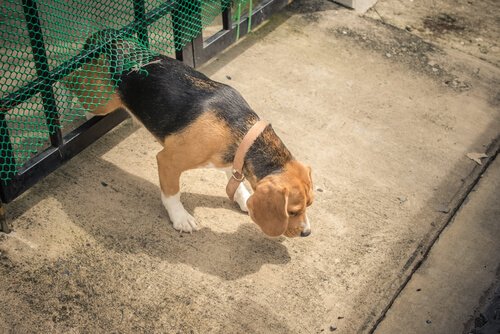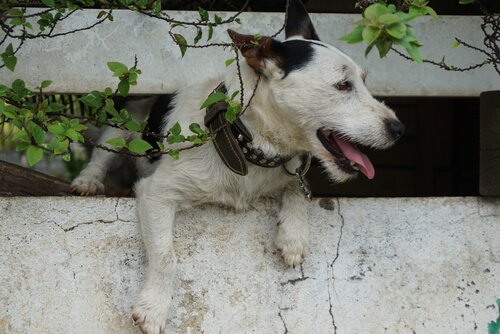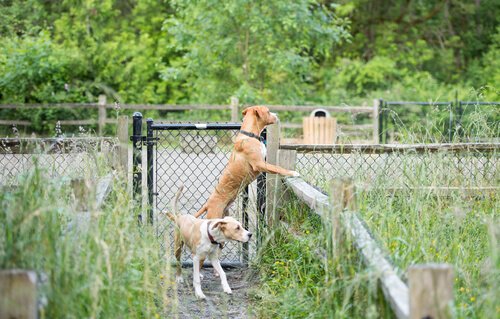Why Dogs Run Away from Home and How to Prevent It

Many people do not know why dogs run away from home. While it’s usually related to their sex drive, the answer is not always that obvious.
Sometimes dogs run away because they don’t have a strong bond with their canine parents. If something’s wrong, they have to leave their herd and habitat.
Some escape because they feel rejected or distant from their home and owner. O ther dogs may get carried away by their desire to explore and see new things.
Researches also say that some breeds with more independent natures, such as the Siberian husky, are prone to running away. Meanwhile, others might run away to honor their hunting instincts.
Why Sterilization Helps Keep Dogs from Running Away
An enormous number of dogs run away because of their sexual instincts, especially males. In these cases, getting the dog fixed usually works — not just for keeping him from running away, but also for balancing his temperament and reducing aggression.

It’s important to understand that removing an animal’s sexual organs does not also do away with their sexual desires. That is, you will also have to train your dog not to run away. However, most dogs mellow out somewhat and have a lower sex drive after the procedure.
This is especially true for males who were neutered before sexual contact with females. It should preferably happen in their first year of life.
How to Keep Dogs from Running Away from Home
Now that we know the main reasons dogs run away from home, we’re going to give you a few tips to prevent it from happening.

Don’t use your dog’s name negatively
If you use a dog’s name to scold him when you’re angry, he’ll associate hearing his name with negativity. Although that doesn’t mean you shouldn’t train him or set boundaries, the classic, infallible “no” is the best way to redirect his inappropriate behavior.
Use your dog’s name when you’re giving him treats, cuddling and playing. This way, your dog will more likely come when your call. If a dog associates his name with your anger, however, it’s very unlikely that he will return.
Make your dog feel at home
The best way to keep dogs from running away is to truly make them feel “at home.” To do this, create an environment where he feels loved, safe and important. This aspect is equally, or even more important, than food, toys, or walks.
Make sure he gets enough exercise
Some dogs may run away to play, run and feel free. This is especially true for dogs kept chained or locked up for long periods of time. Therefore, making sure your dog is active regularly is one of the most important ways to keep him from running away.
One excellent tip is to take advantage of a dog’s first steps to teach him to play “hide and seek.” Just put the puppy down on the ground and hide behind a tree, for example, and then call his name until he finds you. Once the puppy has found your hiding spot, reinforce their good behavior with pets, treats, and loving words.
The game will help your dog feel out his surroundings and respect the freedom to be off the leash. It also helps the puppy associate losing sight of you with the need to find you.
Be careful with your body language
Dogs are very sensitive and quickly perceive changes in our voices and body language. In fact, it’s now fairly common knowledge that they can intuit our moods and emotions.
If your dog tries to run away, watch what tone of voice you use, but also watch your body language. Bend over at the waist and try to call your dog very calmly.
If that doesn’t work, plan B means running in the opposite direction of the dog, as if you were inviting him to play.
Never use violence to discipline a dog
It’s highly likely that you’ll find some of your dog’s behaviors to be frustrating, to say the least. However, you must NEVER resort to violence as a form of “discipline.” Violence can make a dog run away out of fear and insecurity.
